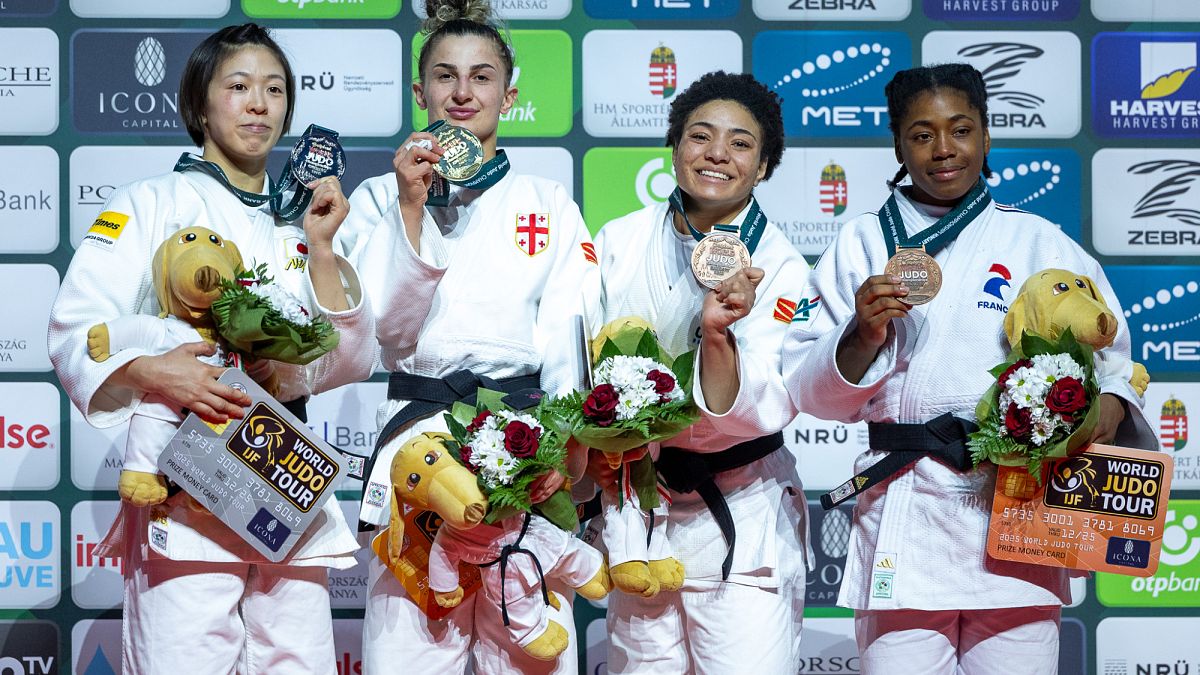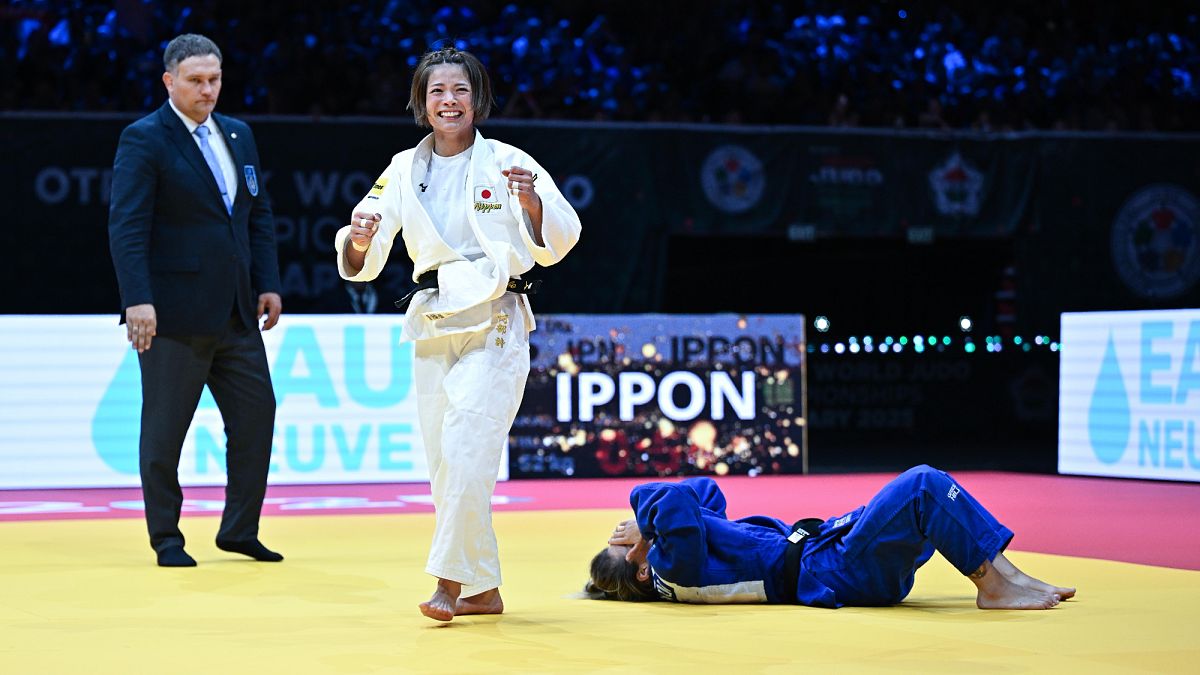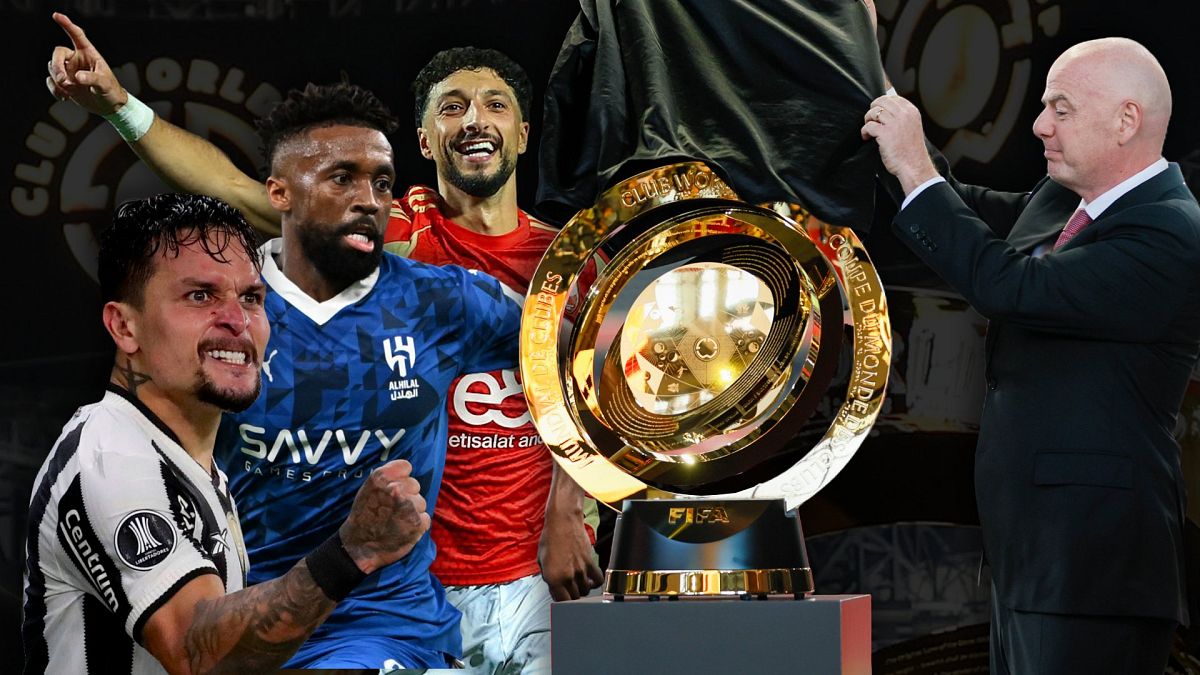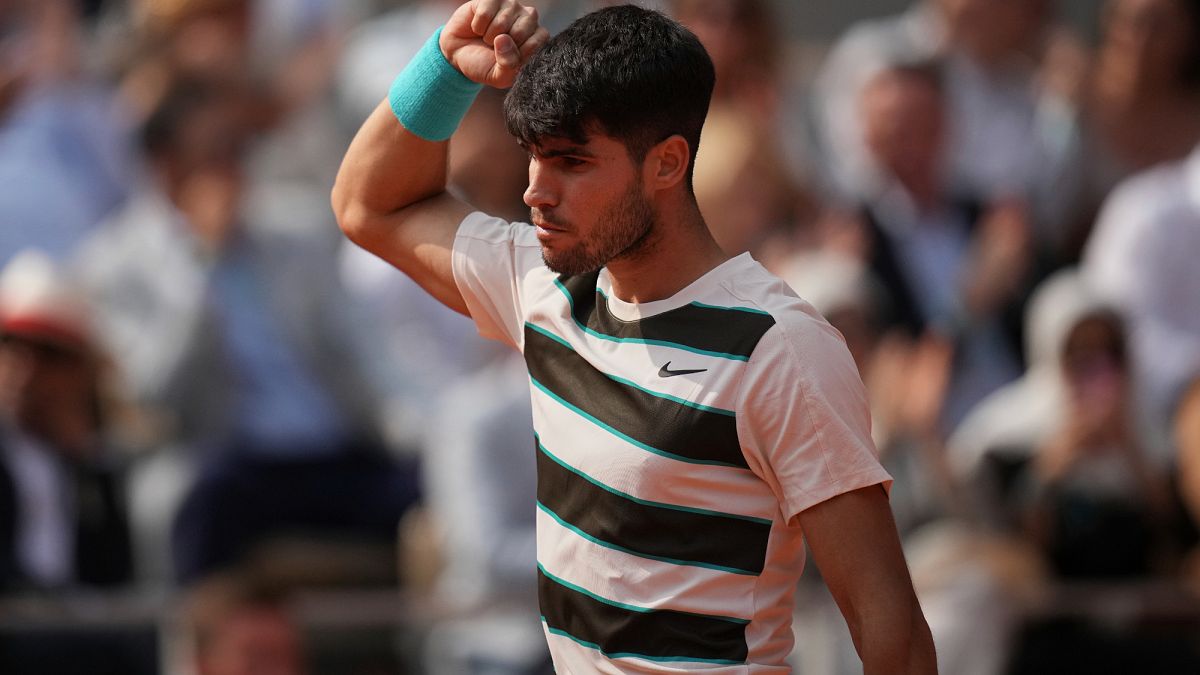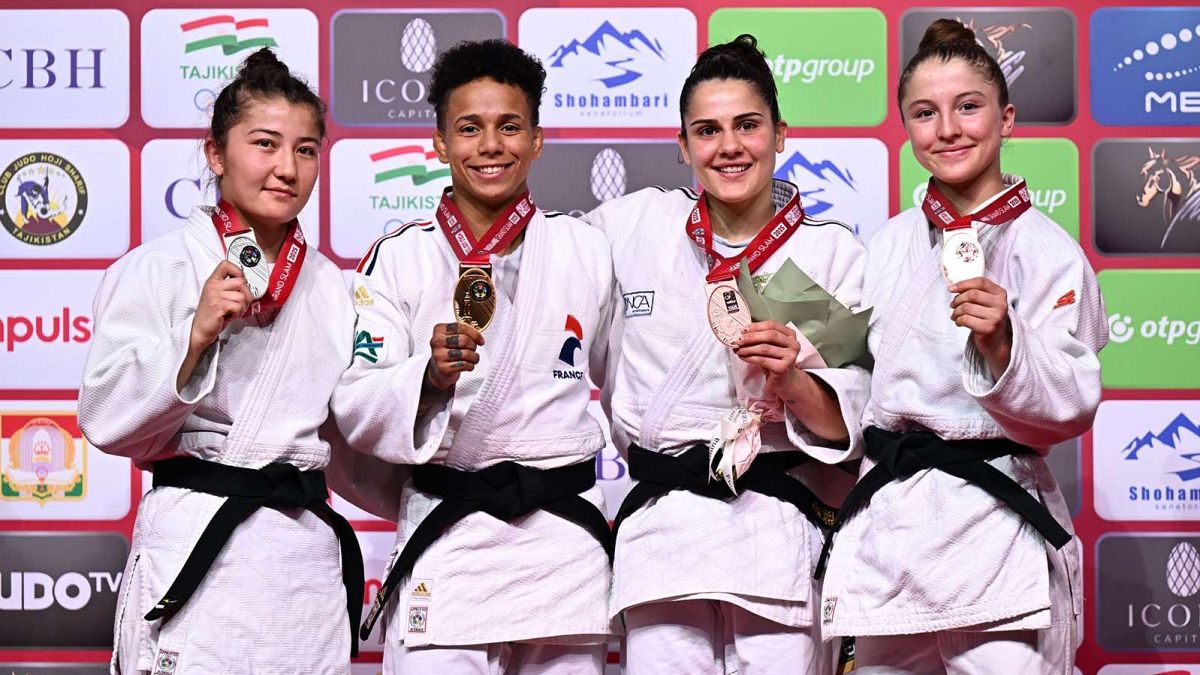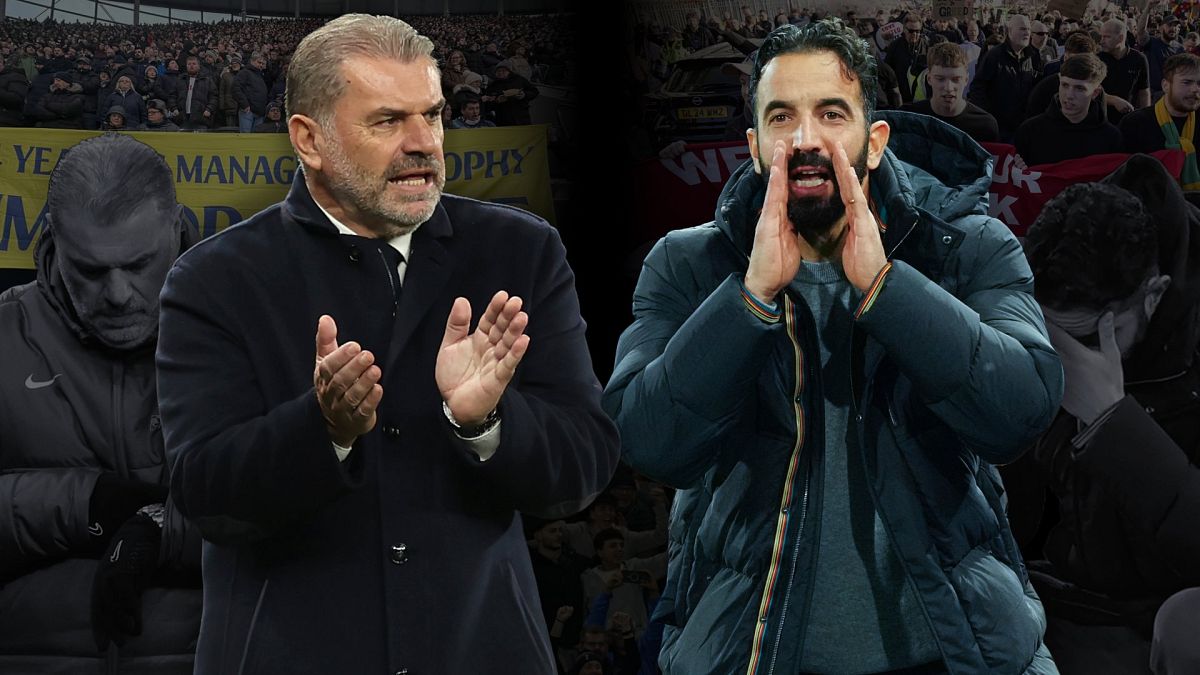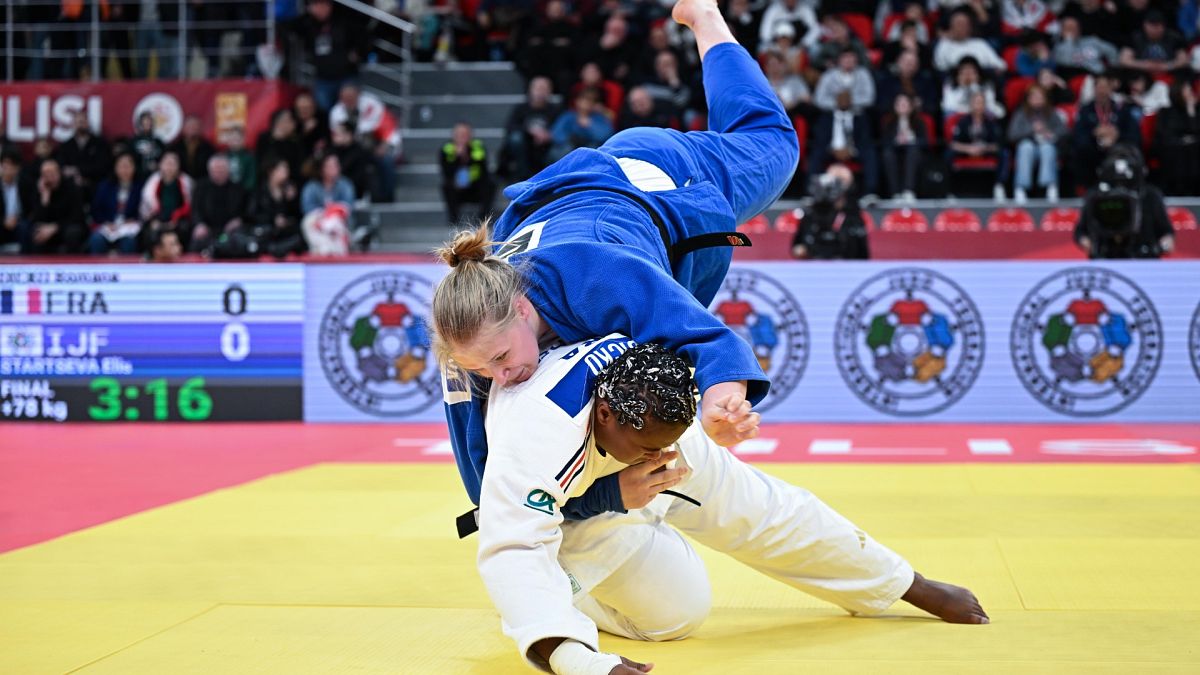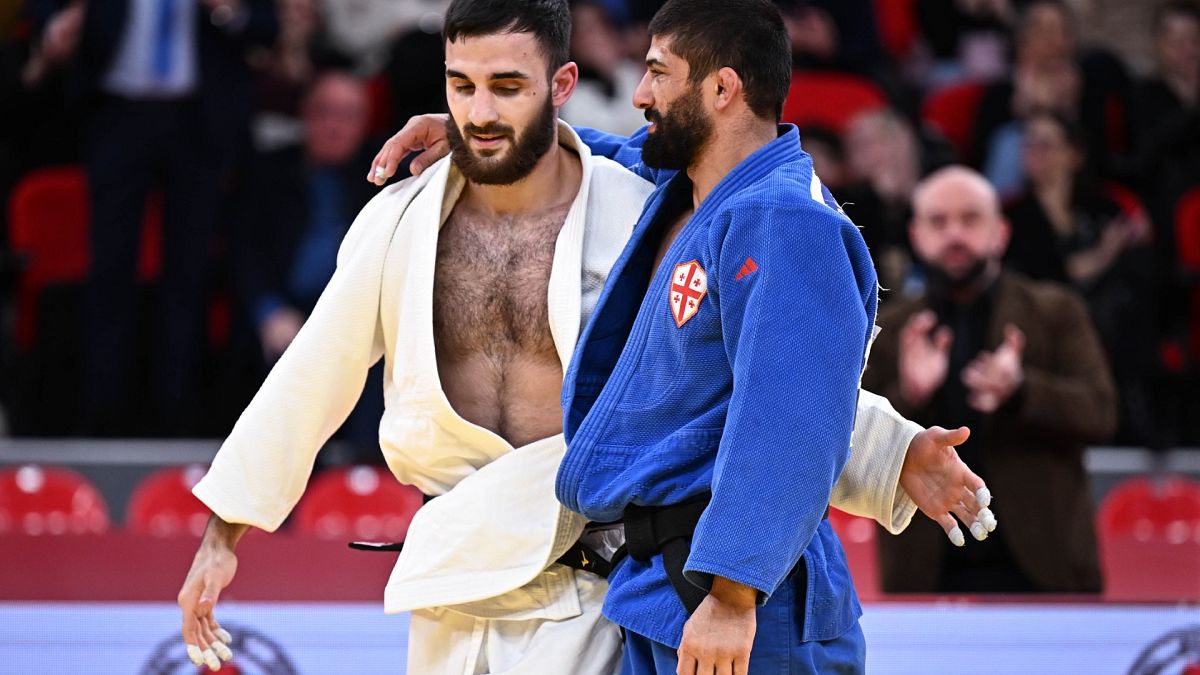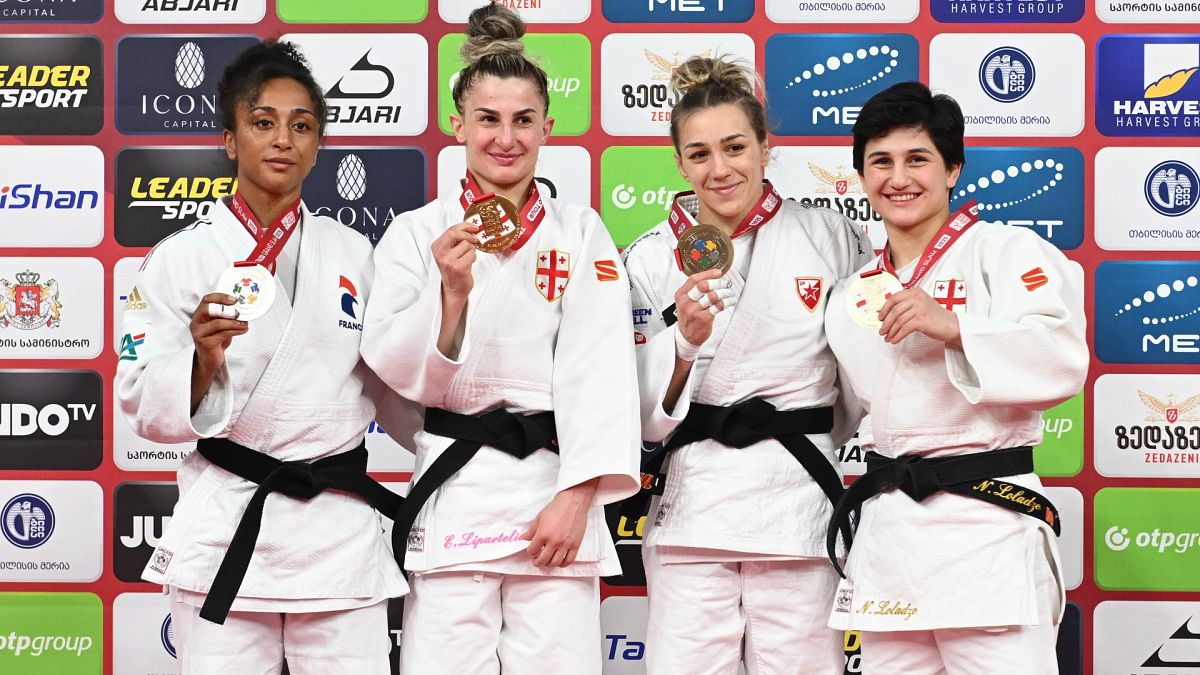Opera’s rising stars
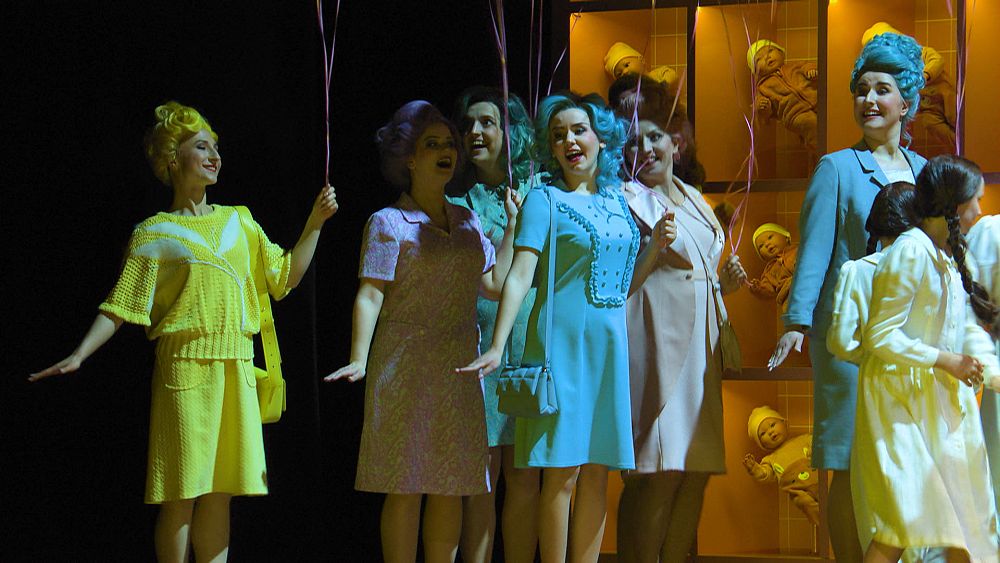
This week on Musica we talk to the rising directors turning the opera world on its head.
Blending music, dance, and drama, opera has long held a prominent place in the world of arts. While tradition is an integral part of its appeal, visionary directors are breathing new life into this storied art form.
In this latest episode of Musica, we delve into the work of these pioneers, exploring the expansive scope of creative expression in contemporary opera.
Master of Projection
Tobias Kratzer represents the vanguard of opera directors. A graduate of the prestigious Bavarian Theater Academy August-Everding, Kratzer has reimagined opera as a visual spectacle, seamlessly integrating video into his stage productions.
The award-winning director relishes a challenge. Recently, he set his sights on ‘Faust’ at the Opéra Bastille – Charles Gounod’s five-act classic.
“Faust is grand opera. It was clear to me that it had to be spectacular. For the epic journey that Faust and Mephisto embark on through Paris in our production, we needed a plethora of visuals,” Kratzer explains.
His production, staged at the iconic Opéra national de Paris, resonated with Parisian audiences.
Kratzer collaborates with a team of exceptional artists, including video artist Manuel Braun and set and costume designer Rainer Sellmaier.
“Every new project becomes more exciting as we challenge each other to innovate and create entirely new spaces and interpretations,” Kratzer notes.
Their latest piece is a rendition of Rossini’s ‘Moise et Pharaon,’ which premiered at the Festival d’Aix-en-Provence last summer and was then staged at the Opéra national de Lyon in January. As is so often the case, a video projection plays a significant role.
“We employed underwater cameramen for the first time, along with two divers filming beneath the surface. It was a highly intricate production and a fantastic adventure, especially as we attempted to capture the dramatic moment when the sea closes over the Egyptians,” shares video artist Braun.
Twisting the Knife
Lydia Steier originally aspired to be a singer, but a different path led her into the world of opera, and ultimately to recognition as one of the leading female stage directors in Europe. However, this path was not without its obstacles, and Steier knew she would have to redouble her efforts as a female artist.
“In this industry, being a woman means you are perceived differently than men. The same reaction or behavior can be interpreted differently based on your gender. I’ve learned to navigate these nuances over time,” Steier says.
Steier, an American with Austrian roots, is renowned for her visually intensive stagings, very often meticulously crafted with the help of miniature models.
“My designers are well aware of my fondness for rolling elements and staircases. Quick changes and movements are key components of my stage design,” says Steier.
For the Easter Festival Baden-Baden, Steier aimed to bring this kinetic energy to her production of “Die Frau ohne Schatten” by Richard Strauss – a challenging work full of symbolism influenced by Freud’s interpretation of dreams.
While Steier operates within a traditional medium, she drew as a child inspiration from Hollywood musicals and Broadway. This infusion of contemporary influences has an impact on her staging.
“The idea is to sort of seduce an audience, to get them entertained and excited about a visual language and then twist the knife a little bit and say, Don’t you see yourselves in this? This is about us. Every piece that I ever direct has to be about us.”, Steier concludes.
Moving between the art forms
Swiss-Australian Simon Stone is yet another award-winning stage director, renowned for his multidisciplinary approach. Moving between theatre, opera, and film, he recently directed the BAFTA-nominated ‘The Dig’ for Netflix.
Before his move to Europe, Stone was considered the ‘enfant terrible’ of Australian theatre. As a director, he encourages his cast to improvise and take part in the creative process.
“If you want to achieve something new, you have to work in a way that is unknown to you. We don’t challenge ourselves enough as artists. I find myself constantly moving between art forms and constantly catching up,” Stone explains.
He’s well known for his opera stagings which often incorporate cinematic elements. His realistic and intimate style was particularly effective in the contemporary production ‘Innocence’ at the Royal Operahouse. The opera that revolves around a school massacre was written by the Finnish composer Kaija Saariaho.
“You listen to the music and compose images, thinking ‘What film would I make to this score?’ You need to celebrate the piece of music for what it is, and if you don’t like the music, you shouldn’t be making the opera,” Stone elaborates on his process.
For Stone, the relevance of operas to the contemporary world is crucial to their continued production.
Modern subjects, timeless classics, and impactful staging – these elements encapsulate what 21st-century opera should be. The directors profiled here are not just preserving a historic art form; they’re reshaping it, pushing boundaries, and ensuring its continued vitality in our rapidly changing world.
Source: Euro News


